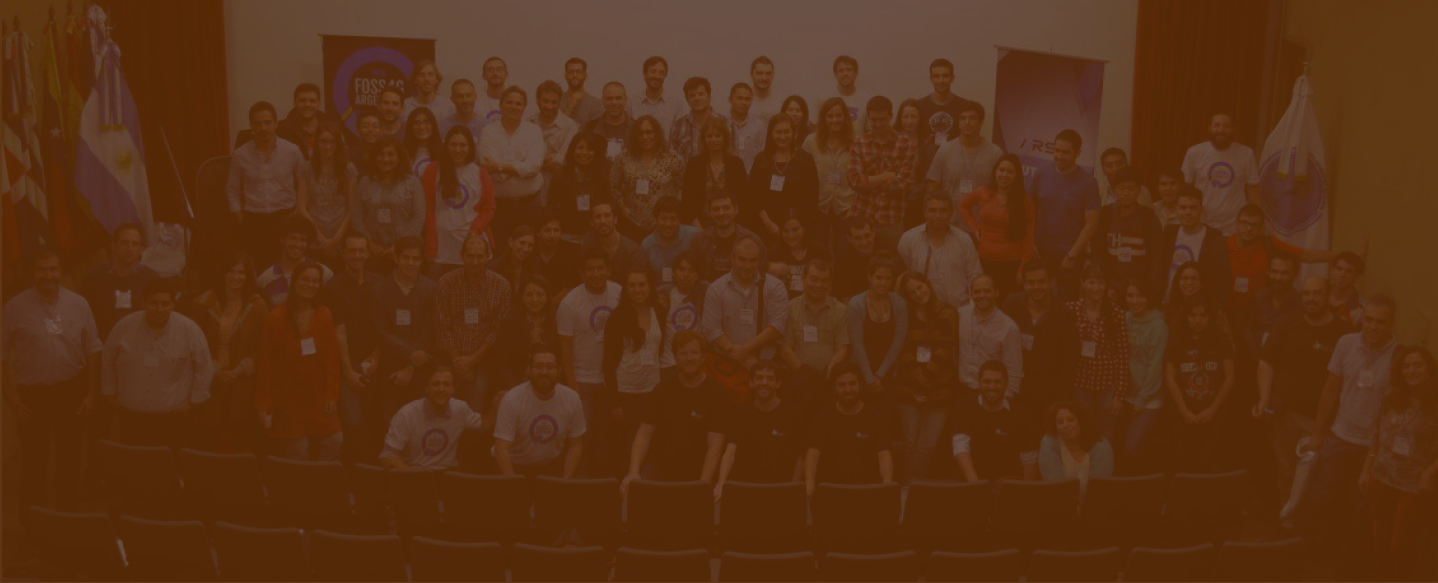2021-10-01, 10:00–10:30, European Commission
Climate change affects forests across the globe. In Europe, up to half of all tree stands are vulnerable to factors traced back to global warming. Forest owners thus need to decide what stands to replant, and what tree species to plant. Since change is happening very fast, they cannot rely on what worked previously, but have to get data-based decision support.
In this talk, we will show how harmonised data compliant to international standards such as INSPIRE can be used to introduce solutions to urgent problems like this one at scale. A key ingredient is to effectively harmonise data and to preprocess it in such a way that state of the art analytical tools such as CNNs can process it easily.
hale»studio is an open-source environment for the analysis and transformation of complex, structured data. Traditionally, it is mostly used to easily transform data to open standards such as GeoSciML, XPlanGML, CityGML and INSPIRE. However, with inbuilt model transformations, it can also be used to effectively process harmonised data to make it more useable, e.g. by transforming complex GML into useable GeoJSON or GeoPackage – or by directly outputting data structures fit for ML frameworks.
In the talk, we will introduce hale»studio’s declarative mapping and model transformation workflow and how it can be leveraged to significantly improve the quality and usefulness of your data.
Learn more about how hale»studio, an open-source ETL tool, can help you harmonize data to open standards and ultimately help solve mission-critical issues.
Reitz, Thorsten
wetransform GmbH, Germany
Software
Topic –FOSS4G implementations in strategic application domains: land management, crisis/disaster response, smart cities, population mapping, climate change, ocean and marine monitoring, etc.
Level –1 - Principiants. No required specific knowledge is needed.
Language of the Presentation –English
As the Marketing Manager at wetransform GmbH, Akshat oversees the analysis of consumer trends relevant to Geodata ETL products in the EU public sector. A central part of his position is understanding the processes in place and the common pain points of organizations that deal with large amounts of geodata.

